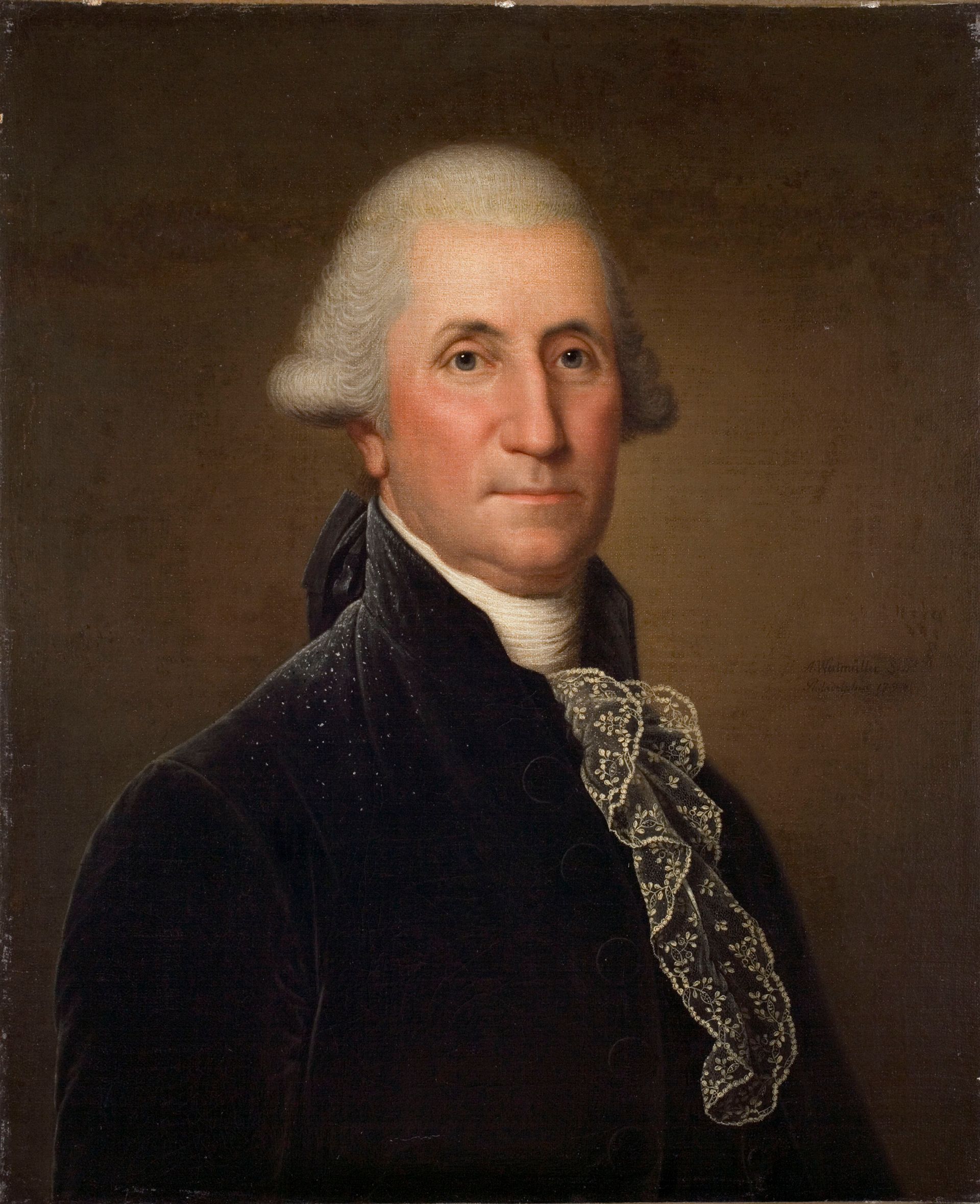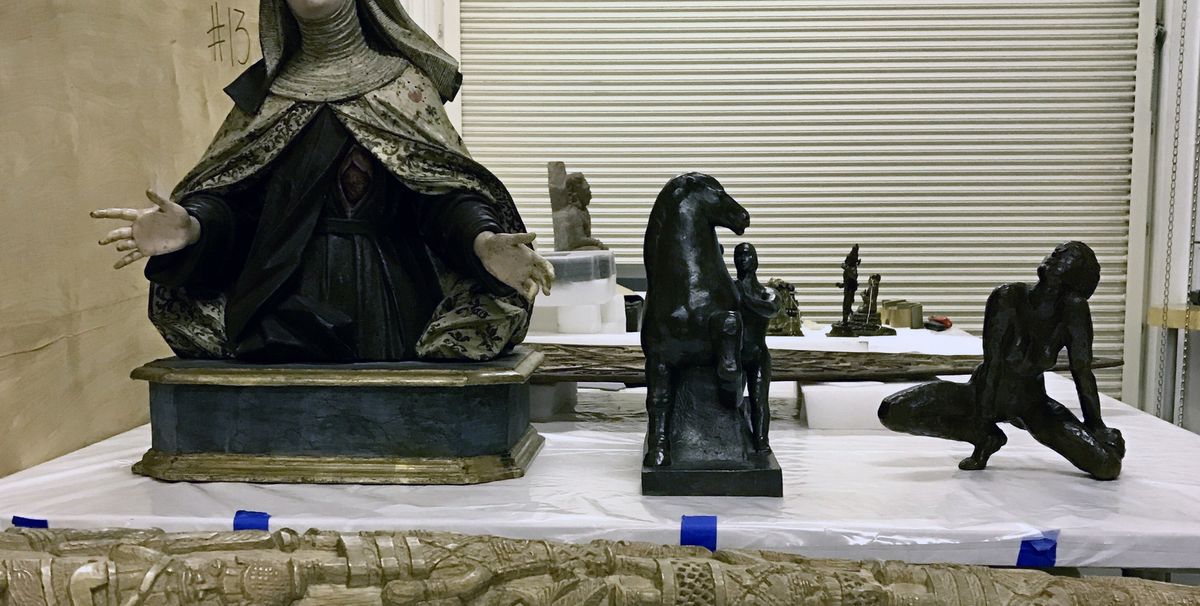The Davis Museum at Wellesley College, Massachusetts, is marking the Presidents’ Day holiday this year by making a loud visual statement in response to President Trump’s executive order—temporarily put on hold—to ban citizens from seven majority-Muslim countries from entering the US. In a project called Art-Less, the museum is highlighting the contributions of immigrants by de-installing or shrouding works on view from the permanent collection that were either made by artists who were immigrants, or given to the institution by immigrant collectors.
“As soon as the executive order was signed, we started to think about what we could do,” says Lisa Fischman, the director of the museum. The senior curator of collections, Claire Whitner, came up with the idea to remove the objects from view about a week and a half ago, and the museum has moved swiftly. Objects that can be easily removed, such as paintings, are being de-installed, while other pieces, such as objects in display cases, have been shrouded with black fabric—“articulating in strong graphic terms”, Fischman says, what has been gained from the contribution of immigrants.

Art-Less will be “on view” from 16 to 21 February—the day after Presidents’ Day. “We decided to stage this over the Presidents’ Day holiday because that resonates symbolically,” Fischman says. In fact, one of the objects removed is a portrait of George Washington by Adolf Ulrik Wertmüller, who emigrated to the US from Sweden in the 1790s; the painting was also a donation from Swedish immigrants, the Munn family. Around 120 objects, or about one-fifth of the works currently on display, will be affected.
“We’ll see pockets of absence all over the museum,” Fischman says. “The African art section is almost entirely lost to view.” This is because around 80% of the works on show were donated by the Klejman family, who came to the US from Poland after the Second World War; Susanne Klejman Bennet, who was born in Warsaw, graduated from Wellesley in the class of 1959. The family is a “rather extraordinary example” of an immigrant family, says Fischman: Bennet’s son Michael is a Democratic Senator from Colorado, and her son James oversees the editorial page for the New York Times.
The Davis Museum is encouraging other institutions to take a similar approach to the executive order on entry to the country. In Art-Less, objects removed or covered are labelled “made by an immigrant” or “given by an immigrant”, and the graphic design of the labels—a pro-bono work from the Boston design firm Stoltze Design—are available on the Davis site for other museums to use. “I don’t see why we wouldn’t respond [to the ban],” Fischman says. “I wouldn’t expect art to influence policy, but I would expect the encounter of art to transform lives.”


